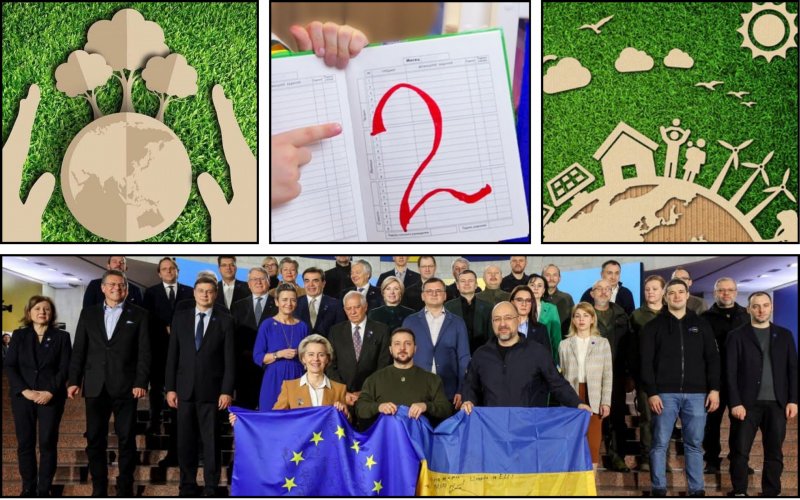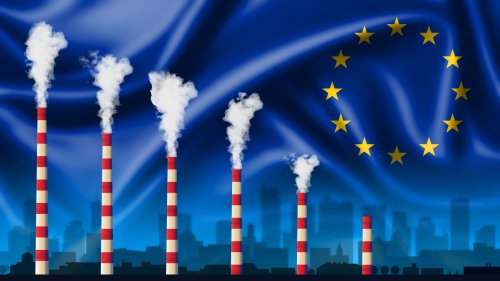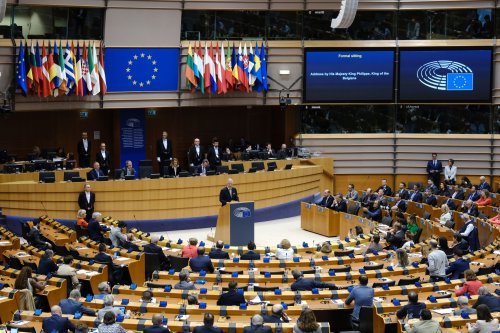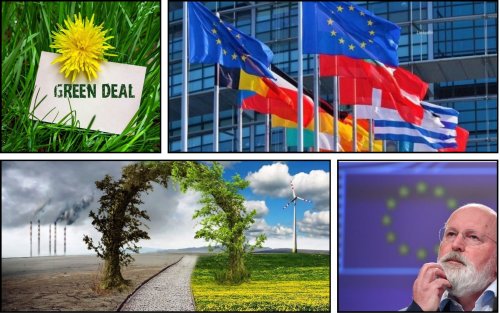On November 8, the European Commission, in its official Ukraine 2023 report, rated the country's progress in environmental protection and climate change as "2" on a five-point scale, which means "certain level," and in February 2023, Ukraine received "1" – "initial level of preparation."
Minister of Environmental Protection and Natural Resources Ruslan Strilets announced this on Facebook, emphasizing the obvious progress in the approximation of Ukrainian legislation to EU law.
He noted that the European Commission has recommended starting negotiations on Ukraine's accession to the EU and noted the country's progress in implementing European integration reforms. The country's overall progress was rated as "good" – a four on a five-point scale.
Streltsov emphasized that a one described progress over almost 8 years of work, and a two – only for 2022-2023.
However, the environmental community did not support Sagittarius' optimism regarding such successes. Some experts consider them insufficient, and some – a failure. After all, a significant part of the adopted European integration norms has a half-hearted nature, and the processes of development and adoption are systematically delayed.
In addition, the report of the European Commission emphasized that administrative capacity remains weak in terms of both human and financial resources and needs urgent strengthening.
"The lack of administrative capacity hinders the coordination and implementation of EU legislation, particularly at the local level. Ukraine should make more efforts to consistently integrate climate considerations into all aspects of state policy within the framework of a state-wide approach," the report says.
Strelets noted that the European partners noted that, despite Russia's armed aggression, Ukraine adopted the necessary legislation for further coordination of horizontal issues, regarding:
- water quality;
- waste management;
- chemical safety.
"In the field of climate, progress has been limited, but we continue to work on the necessary legislative basis," he said.
It is worth noting that Ukraine will have to fulfill all the requirements of EU membership in order to achieve this goal as soon as possible, if at all. In today's realities, the war cannot be a factor to justify delays, but rather should stimulate qualitative and effective changes. After all, in addition to the global goal of becoming part of the European family, the implementation of EU legislation will help to more effectively overcome the catastrophic environmental consequences of Russian aggression, preserve and restore Ukraine's nature, which will also improve the quality of life.
According to Vladyslav Antipov, Vice President of the Association of Environmental Professionals PAEU, Ukraine had to fulfill the following key tasks to get the highest score:
- adopt the law "On industrial pollution" (draft law No. 6004-d "On ensuring the constitutional rights of citizens to an environment safe for life and health" dated January 4, 2023);
- adopt a by-law regulatory framework for waste management;
- create a system of trading quotas for greenhouse gas emissions.
It is not known whether the Ministry of Environment plans a slow progress of +1 point per year in the road map of joining the EU. The European Commission noted that granting candidate status to the EU created a powerful dynamic of reforms and demonstrated Ukraine's ability to achieve progress in rapprochement with the European legislation acquis even in war conditions. However, a certain formality of the adopted legislative acts creates only "reforms on paper" and will not contribute to the achievement of real results and system changes, which the country is striving for.
Earlier, EcoPolitic wrote, that Ukraine will receive expert support regarding the implementation of the European Green Course within the framework of the new GA GUAM international technical assistance project.
As EcoPolitic previously reported, the European Commission will hold a four-day conference "Green recovery in Ukraine", which is designed to sum up future challenges and discuss strategies and concrete solutions that underlie green recovery after the war.





